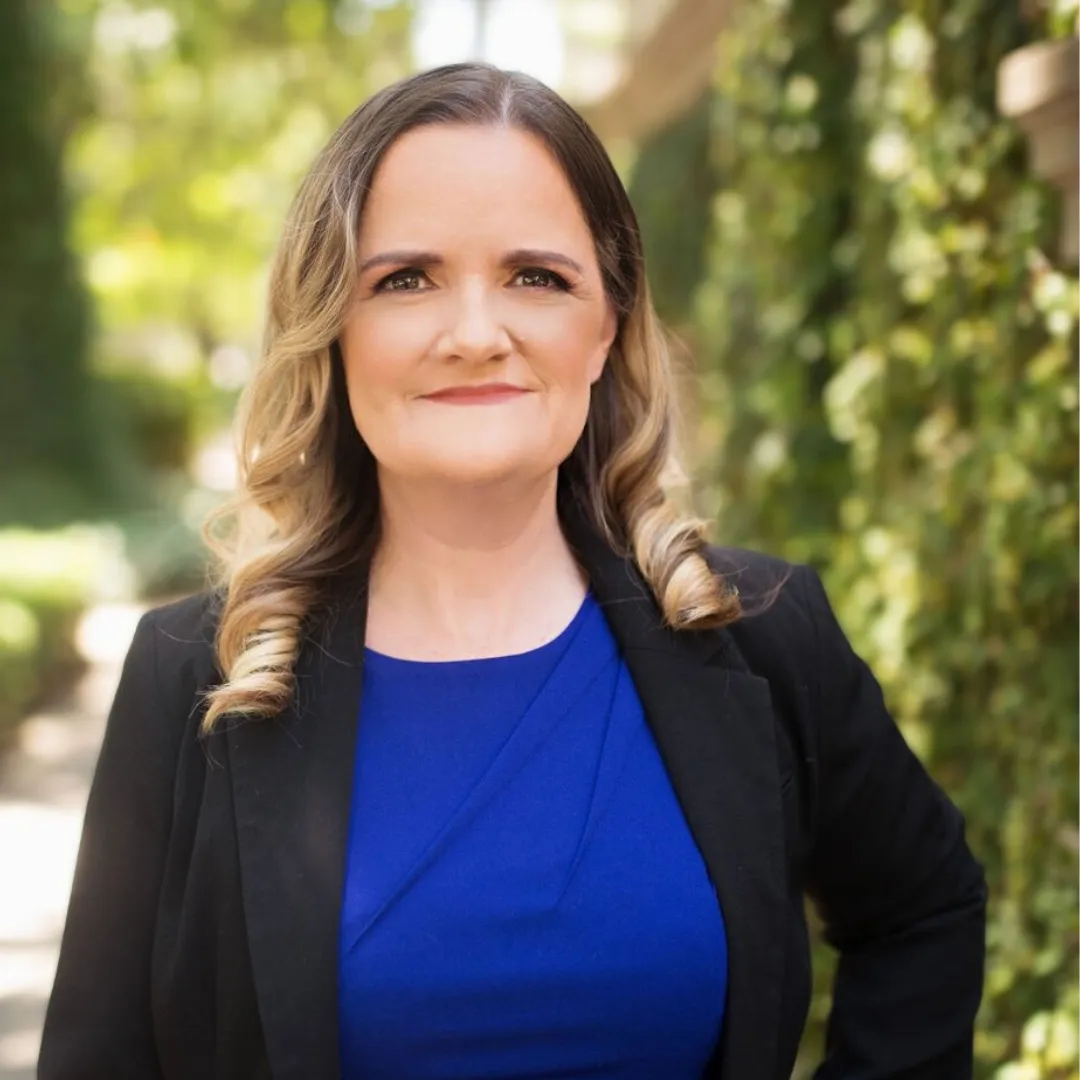You Pick Local Georgia Homes You Like,
JodiHarstineHomes Will Do The Rest.
Ready to look at homes for sale in Georgia?
We have your back when it comes to negotiating a great deal,
noticing those things most people don’t catch, handling all of the
paperwork, & finding those properties you can’t easily find online.

For home buyers, buying a home will probably rank as one of the biggest personal investments one can make. Being organized and in control will contribute significantly to getting the best home deal possible with the least amount of stress. It’s important to anticipate the steps required to successfully achieve your housing goal and to build a plan of action that gets you there.
Before you can build a plan of action, take the time to lay the groundwork for your decision making process.
First, ask yourself how much you can afford to pay for a home. If you’re not sure on the price range, find a lender and get pre-approved. Pre-approval will let you know how much you can afford, allowing you to look for homes in your price range. Getting pre-approved also helps you to alleviate some of the anxieties that come with home buying. You know exactly what you qualify for and at what rate, you know how large your monthly mortgage payments will be, and you know how much you will have for a down payment. Once you are pre-approved, you avoid the frustration of finding homes that you think are perfect, but are not in your price range.
Second, ask yourself where you want to live and what the best location for you and/or your family is. Things to consider:
1.Convenience for all family members proximity to work,
2.School crime rate of neighborhood
3.Local transportation
4.Types of homes in neighborhood, for example, condos, townhomes, co-ops, newly constructed homes etc.
Finding the Right Seller
The best seller is one who is highly motivated. A highly motivated seller is more likely to sell at a price that is less than his or her house is actually worth. And it matters that you find out why. Learning the reason why can help you get the price you want and help the seller get what they want: a timely sale.
When given the opportunity to meet with sellers, ask them why they are selling. The reason could be anything, such as a job change to a new location or financial problems. If you can solve their problem, whether it is cash related or time-related, do so. For example, if the sellers are highly motivated because they need to move quickly, give them a fast sale – and a lower price. If you can make an offer, even a low one, that gives them cash in a short time, they are more likely to accept.
There are also some sellers that you should avoid. Not every seller is as genuinely motivated as they make themselves to be. Some possible hints:
They stall on having the home appraised or inspected.
They are unable to clear up liens against their property
They do not own 100% of their property
They push back the move-out date
They do not have a replacement property or back up plan
etc.
It is impossible to find the perfect seller. But it is possible to find out which sellers are legit and which ones aren’t.

Getting a Legitimate Lender and Getting Pre-Approved
It used to be that buyers could go house shopping and when they have found their dream home, then they go to get pre-approved. However, in today’s market, that has proven to be one of the least effective methods of landing the dream home.
Most lenders can pre-qualify you for a mortgage over the phone. Based on general questions about your income, debt, assets, and credit history, lenders can estimate how much mortgage you qualify for. However, being pre-qualified and pre-approved are different things. Pre-approval means that you have applied for a mortgage; you have filled out the mortgage application, received your credit report, and verified your employment, assets, etc. When you are pre-approved, you know exactly what the maximum loan amount will be.
A pre-qualified letter is not verified and in essence, does not count for much if you are competing with other buyers who are pre-approved. When you are pre-approved, you and the seller know exactly how much house you can afford. It gives you credibility as an interested buyer and lets the seller know immediately that you will qualify for a loan to buy their property.
In addition to being pre-approved, it’s important to be pre-approved with a legitimate lender. Legitimate lenders include banks, mortgage bankers, credit unions, savings and loan associations, mortgage brokers, and online lenders.
Some lenders to avoid: those who lose a form or misplace a file, those who gather information from you in an unorganized manner, those who are not informed about interest rates, points or costs, and those who cannot provide you with the right information.
Hot, Normal, and Cold Markets
Hot Market
This is an extremely competitive market and is advantageous to the seller. Sometimes, homes will sell as soon as they are listed or even before homes are listed. Typically, during a hot market, multiple offers will be made on each home and more often than not, homes will sell for more than the asking price. It is even more crucial to be prepared and to be ready as a buyer when the market is hot. It can be easy to get caught up in the bid for a home, but if you are prepared (preapproved, solid in price range, realistic about your needs), it is easier to remain focused on your housing needs and price range.
Normal Market
In a normal market, there is a fairly large number of homes available and an average number of buyers. This market does not necessarily favor the buyer or the seller. A seller may not have as many offers on their home, but he or she may not be desperate to sell either. Again, it is the buyer’s responsibility to be prepared. During a normal market, the chances to negotiate are higher than in a hot market. As a buyer, you can expect to make offers at lower than the asking price and negotiate a price at least somewhat less than what the sellers are asking.
Cold Market
In a cold market, houses may be listed for more than a year and the prices of houses listed may drop considerably. This market is advantageous to the buyer. As a buyer, you have the time to make an offer that works in your best interest. It is not uncommon to low-ball and to find that sellers are accommodating to meet your needs. Keep in mind that even though this market is a great time for buyers, you do not want to lose your dream home by being unrealistic. Your goal is to get your dream home at the best possible price.
Importance of Inspection
As a buyer, you are entitled to know exactly what you are getting. Don’t take anything for granted, not even what you see or what the seller or listing agent tells you. A professional home inspection is something you MUST do, whether you are buying an existing home or a new one.
An inspection is an opportunity to have an expert look closely at the property you are considering purchasing and getting both an oral and written opinion as to its condition.
Beforehand, make sure the report will be done by a professional organization, such as a local trade organization or a national trade organization such as ASHI (American Society of Home Inspection). Not only should you never skip an inspection, but also you should be present with the inspector during the inspection. This gives you a chance to ask questions about the property and get answers that are not biased. In addition, the oral comments are typically more revealing and detailed than what you will find on the written report. Once the inspection is complete, review the inspection report carefully.
Use a Buyer’s Agent
It’s important that you choose an experienced agent who is there for you. Your agent should be actively finding you potential homes, keeping you informed of the entire process, negotiating furiously on your behalf, and answering all of your questions with competence and speed.
First, find an agent who represents you and not the seller. This is beneficial during the negotiation process. If you are working with a buyer’s agent, he or she is required not to tell the seller of your top choice. In addition, he or she is also focused on getting you the lowest asking price.
Also, when you use a buyer’s agent, you will see more properties. Not only are they plugged into their Multiple Listing Service, but they are also actively finding homes that are listed as FSBO, or homes that sellers are thinking about listing.
Why You Should Not Make Any Major Credit Purchases
Don’t go on a spending spree using credit if you are thinking about buying a home, or in the process of buying a new home. Your mortgage pre-approval is subject to a final evaluation of your financial situation.
Every $100 you pay per month on a credit payment could cost you about $10,000 in home eligibility. For example, a car payment of $300/month could mean that you qualify for $30,000 less in a mortgage.
Even if you have accumulated enough savings, you should consider not making any large purchases until after closing. The last thing you want is to know that you could have purchased a new home had you curbed the urge to spend.
MEET Jodi Harstine
A trusted Realtor with years of experience. She can guide you through the buying process
to help you achieve your Real Estate Goals.

Jodi Harstine | Realtor

“We would never have landed our dream home without Jodi!”
Jodi was available to answer my incessant questions at all hours, every day of the week (that doesn’t mean go bugging my girl Jodi at 3 in the morning though haha). She was very attentive and didn’t try to push us into buying a home that wasn’t right for us (unlike some other realtors we had previously enlisted the help of). Once we found the home we wanted, she stayed on top of the ball because our builder was way less than willing to keep us updated. We never would have landed our dream home without Jodi! She is super personable and just an all around wonderful lady and realtor! Thank you so much, Jodi, for everything!
TRINITY HAUGHT – JULY 2022
When you work with Jodi Harstine Homes I will…
Treat you with the honesty and respect you deserve. I take a sincere interest in every client I work with.
Provide you with the data and analytics so you can make a smart decision about buying or selling a Savannah Area house.
Avoid all of the costly mistakes that often pop up with difficult transactions
Listen to your goals and putting your best interest at the forefront of all I do.
Find out what makes me so different! Give me a call at (931) 302-2658 or dive into the resources I provide on the website!
“WORK WITH JODI YOU'LL BE GLAD YOU DID”
Jodi is amazing! She's detail oriented, easy to talk to, and so helpful. If I have a question she doesn't know the answer to, she finds out and gets right back to me. Jodi is very knowledgeable about the area, involved in the community, and isn't afraid to put in the work. Work with Jodi. You'll be glad you did!!
RON BONHAM – SELL THEIR HOME IN 2023







